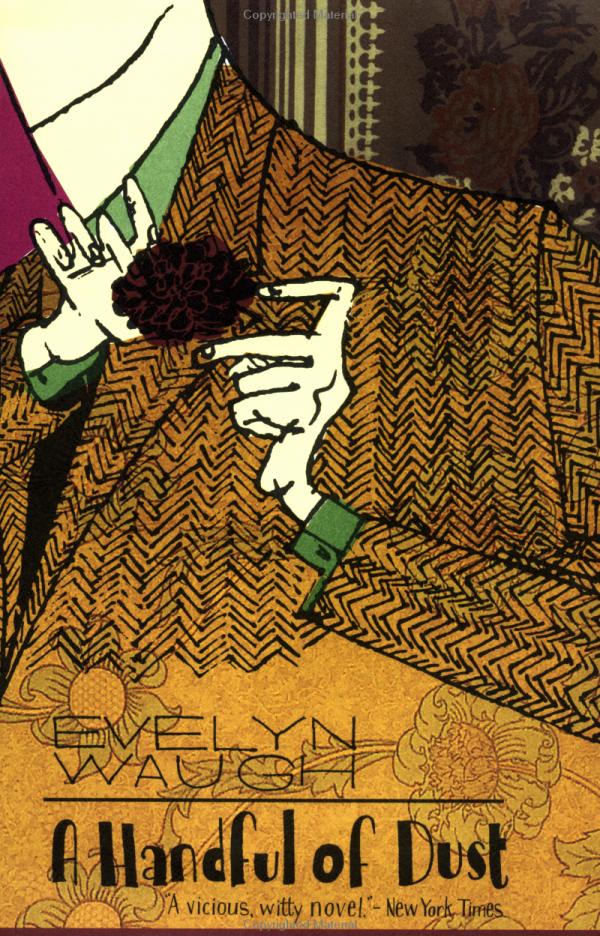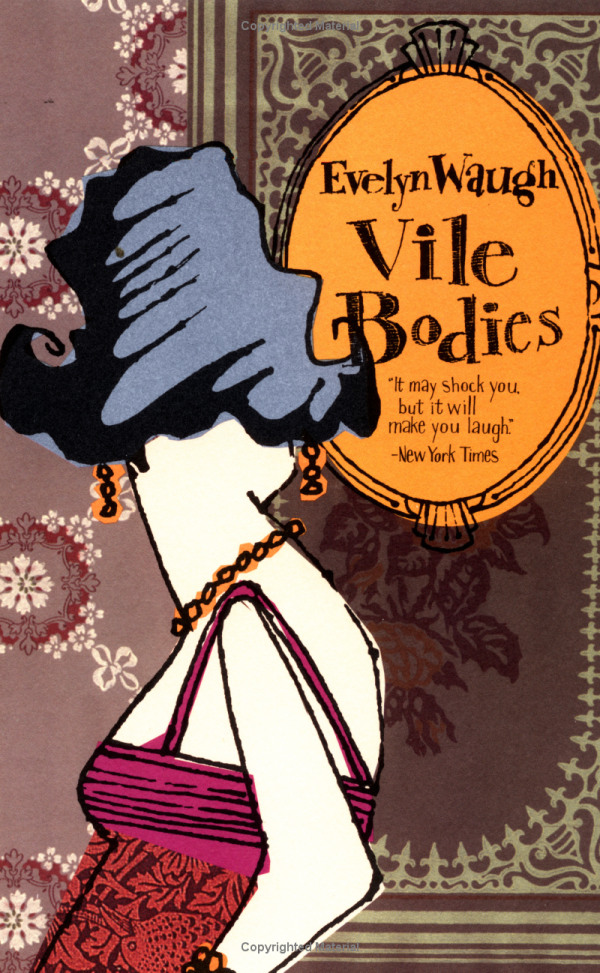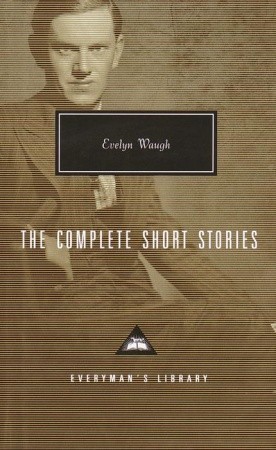
A Handful of Dust
Book Description
Amid the crumbling grandeur of British high society, a man's life spirals into chaos as love, betrayal, and existential despair collide. Tony Last clings to his dilapidated estate, but as his wife embarks on an affair, a tempest of emotional turmoil churns beneath his stoic surface. Witty and piercing, "A Handful of Dust" unveils a world caught between its fading splendor and the harsh realities of modern life. As tragedy unfolds, alliances shift, and the boundaries between loyalty and desire blur, will Tony ever find his way back to the life he once cherished? What happens when everything you hold dear slips through your fingers?
Quick Book Summary
"A Handful of Dust" by Evelyn Waugh is a darkly comic novel about Tony Last, a traditional English gentleman obsessed with preserving his crumbling country estate, Hetton Abbey. Set amid the decline of British aristocracy in the 1930s, the novel chronicles Tony’s gradual loss of everything he cherishes—property, marriage, and ultimately, his sense of identity. When his wife, Brenda, seeks fulfillment elsewhere and engages in an affair with the superficial John Beaver, Tony is thrust into a spiral of personal devastation. Waugh skewers the emptiness of upper-class society, exposing how its members drift through marriages, affairs, and friendships with an air of detached frivolity. Through a combination of biting satire, tragicomedy, and existential despair, Waugh crafts a poignant critique of a world losing its moral and cultural bearings.
Summary of Key Ideas
Table of Contents
The Decline of the British Aristocracy
Tony Last is a genteel Englishman devoted to Hetton Abbey, a Gothic Revival estate symbolic of fading aristocratic values. Tony’s life revolves around preserving this relic of the past. His wife Brenda, however, grows weary of country life’s monotony and idly mingling with society. Their son, John Andrew, is all that keeps Brenda engaged, but even this connection fades as she is drawn into the orbit of London’s shallow upper crust.
Satire of Upper-Class Morality
Brenda’s affair with John Beaver, a socially ambitious nonentity, sets the novel’s central conflict in motion. Brenda’s desire for escape and excitement reveals the emptiness underlying her marriage to Tony. When tragedy strikes and their son dies in a riding accident, Brenda’s true feelings surface: she seeks divorce, not reconciliation, prioritizing social life over family bonds. Tony’s response is marked by dignified stoicism, masking his devastation.
Betrayal and Despair
As the marriage unravels, Tony’s isolation grows. Friends and family prove unreliable, motivated by self-interest and idle gossip. Through these betrayals, Waugh lampoons the superficiality of upper-class society, exposing the absence of genuine loyalty and empathy. Their world is revealed as one of transactional relationships, where appearance trumps substance and emotional disengagement is the norm.
The Empty Pursuit of Meaning
Tony’s escape leads him on a disastrous Amazonian expedition with the eccentric Mr. Todd. Hoping for meaning or at least oblivion, Tony instead encounters absurdity and entrapment in the jungle. In a bleakly ironic twist, he becomes Mr. Todd’s captive, reading Dickens aloud in endless isolation, symbolizing not only Tony’s personal imprisonment but also the futility of his quest for purpose and belonging.
Irony and Dark Humor
By blending tragic events with satirical wit, Waugh creates a searing portrait of a culture in decay. "A Handful of Dust" reflects on how tradition, identity, and human connection erode when confronted with modernity’s emptiness. The novel’s bleak ending leaves the reader pondering whether redemption is possible—or whether all that remains, in the end, is dust.
Download This Summary
Get a free PDF of this summary instantly — no email required.





